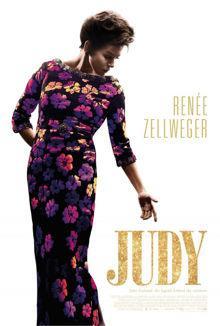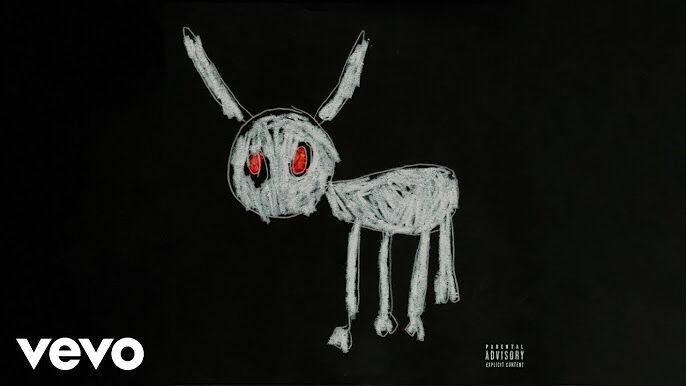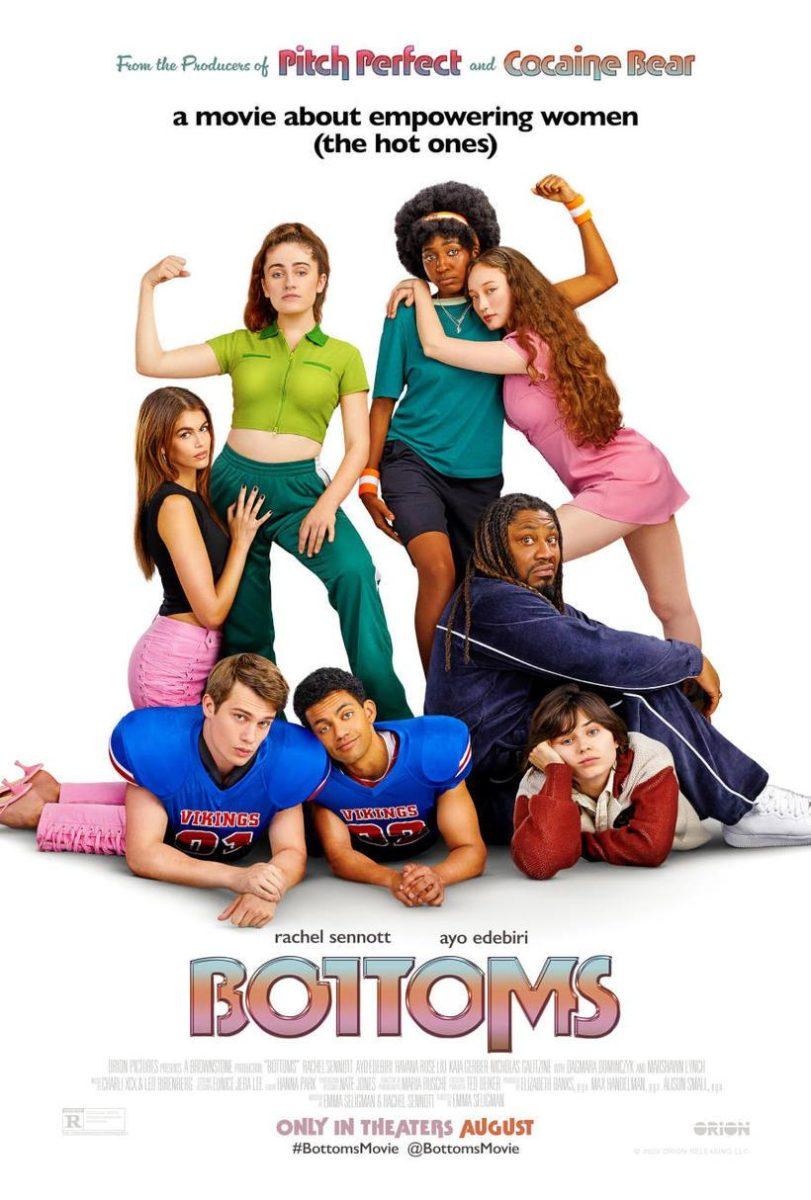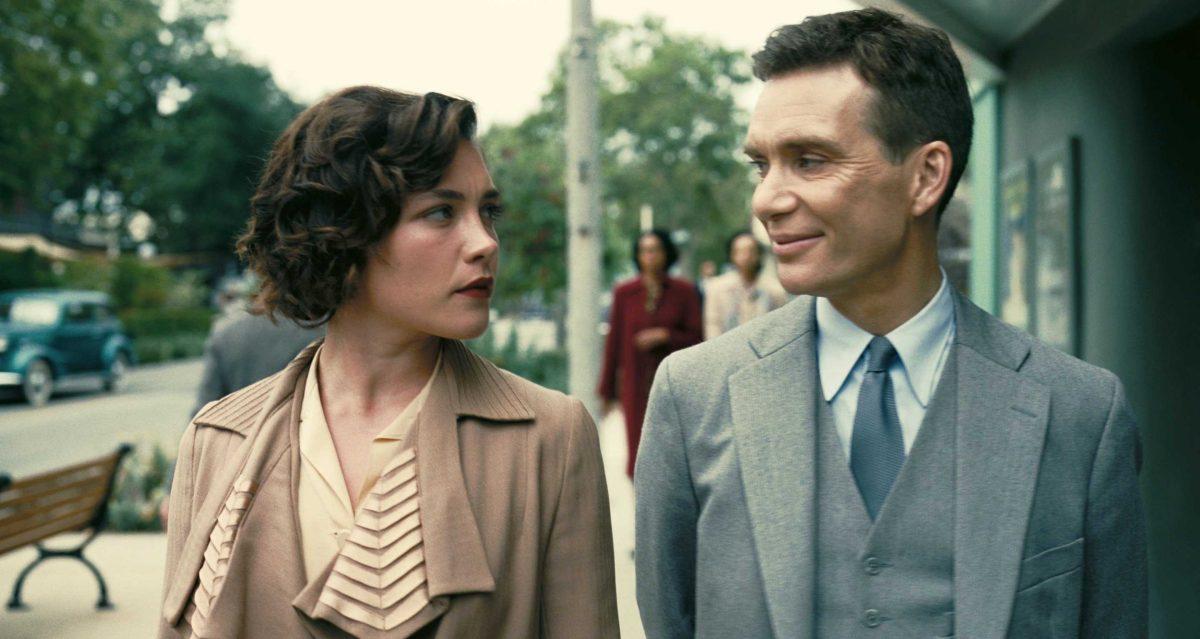Stars: 3/5
Judy Garland is a legend, an icon, the voice of a generation, etc. The film “Judy” captures the darkness of her life as she struggled through her final years.
Renée Zellweger clearly did her homework preparing for “Judy.” She delivers a masterful performance of Garland, down to the ticks and twitches of every word, expression, gesture and performance. Fans that grew up witnessing Garland as their hero would enjoy Zellweger’s portrayal of that heroism.
Zellweger took the role a step further deciding to sing Garland’s songs, a daunting yet impressive feat. She brought a reimagined sense of vulnerability to Garland through these performances, notably with “Somewhere Over the Rainbow.”
Zellweger’s Oscar-worthy moment of the film is when she depicts a desperate Garland talking to her young children in a telephone booth in London. The fragility in her voice is palpable as she realizes she is slowly losing her children while the premise of her London concerts was to earn enough money to reunite with them.
Despite Zellweger’s thoughtful performance, the movie falls short. There is a lack of build-up that can be felt by dedicated fans of Garland. “Judy” spends its time jumping from flashback scenes of Garland’s troubled childhood on the set of “The Wizard of Oz” to her current day struggles with money, motherhood and addiction.
While I thoroughly enjoyed experiencing what the end of her life was like, the film never shows how big Garland truly was. Fans who know Garland already understand the magnitude of who she was, but to the untrained eye, the film depicts her as though she was a star that was never truly lit in the first place.
Garland experienced trauma at every turn in her film career and personal life even while she was at the peak of her career, and the film fails to provide this necessary characterization of her.
Her traumatic experiences shown during “The Wizard of Oz” era does provide some insight considering it got the ball rolling in terms of her addictions; however, I believe there are deeper moments throughout the middle of her life that I would have liked to see.
The film does relatively well with what it does show. The insight into her London shows at the Talk of the Town nightclub was very interesting to watch. While some of the performances were able to showcase her star power and vocal ability, others show how much of a toll the they had on her.
While some were a success, she also showed up late or intoxicated to several of the performances, prompting jeering, boos and distaste from the audience. The film depicts her resilience through these trials showing the true hero she was despite her brokenness.
I also enjoyed the addition of a fictional gay couple that connected with Garland throughout the film. This served as a nod to Garland as a beloved gay icon.
Overall, I was pleased with “Judy.” I yearned for more at many turns of the film, but I ended up crying at the end. I felt many emotions, and it made me smile to experience a genuine attempt at appreciating the hero that was Judy Garland.
Rev Ranks: ‘Judy’ details the dazzling downturn at the end of Garland’s life
October 20, 2019
More to Discover










